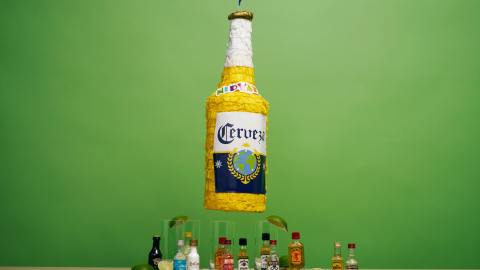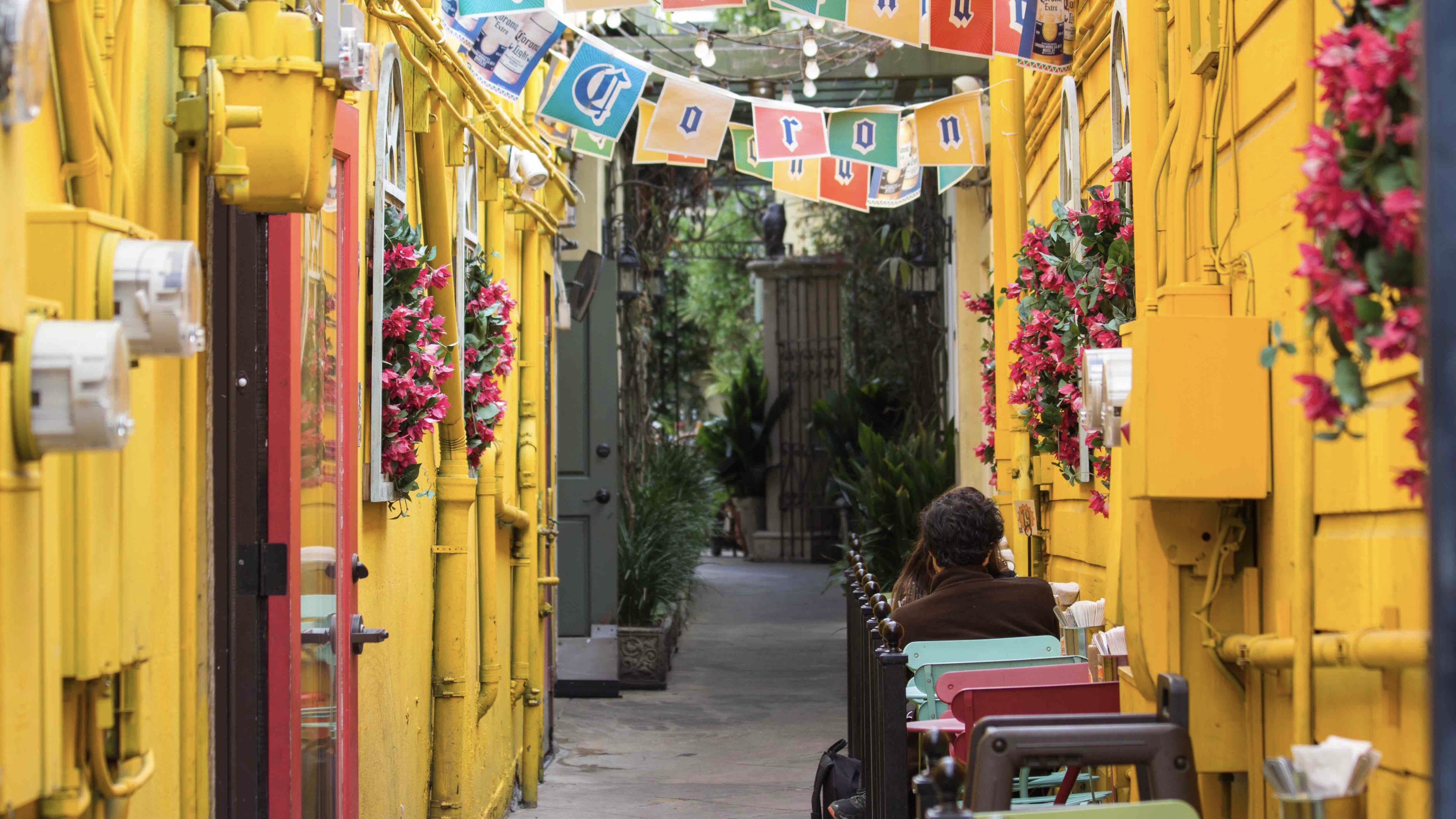Cinco de Mayo is an American holiday

Happy Cinco de Mayo!
Or as your drunk and ignorant roommate probably calls it, “Mexican Independence Day.”
Except by now you probably know Cinco de Mayo is not Mexican Independence Day. It’s not even all that important of a holiday south of the border. As the Tampa Bay Times‘ David Lee McMullen explains, Cinco de Mayo’s modern roots are much more American than most people think:
“In the 1960s, Mexican-Americans began to use the day to celebrate their culture. Over the years it has evolved into a major reason to party. Perhaps that was the influence of the beer promoters. Regardless, Cinco de Mayo offers us a grand opportunity to appreciate our neighbors to the south.”
That’s right. Cinco de Mayo is the Valentine’s Day of cultural holidays, except instead of Hallmark greeting cards it was Corona that elevated its status.
Cinco de Mayo originally commemorated a minor 1862 battle in which an outnumbered Mexican Army defeated a superior French force near the town of Puebla in Central Mexico. Puebla is the place in Mexico where the date is most ardently commemorated, though they don’t even call it Cinco de Mayo. To them, it’s El Día de la Batalla de Puebla, and probably never “Cinco de Drinko.”
So is it a bad thing that what we celebrate in the states as the chief holiday for Mexican pride is really something of a bastardization?
No, not at all.
It’d be nice if fewer college students loudly declared it Mexican Independence Day, because it’s not, but plenty of Mexican-Americans enjoy it as it is. According to Adam Teeter at VinePair, the Chicano movement during the ’60s employed the Battle of Puebla as a tool for building Mexican-American pride:
“The 1862 battle of Puebla not only impacted citizens of Mexico, it potentially impacted the fate of the Union. The French were the ones backing the Confederate army in America’s civil war, which was occurring at the same time, and their attack on Mexico City was described by Mexicans as if the French had opened a second front of the same war — meaning Mexicans and the Union had a common foe. The resulting victory by the Mexican army slowed down French support of the Confederates north of the border, which helped solidify Mexico’s assistance in securing the fate of the Union. It’s a great story that allows America’s largest immigrant group to feel even more connected to the history of the country they now inhabit, and the Chicano movement was instrumental in spreading the celebration of this holiday to Mexican cultural centers across America.”
So if we track the evolution of Cinco de Mayo we see it as: first, an obscure holiday about an obscure battle; second, a marketing tool to promote Chicano pride; and third, a marketing tool to promote the copious intake of alcoholic beverages. Cinco de Mayo is an Independence Day only if the entity celebrants seek separation from is their own stone sobriety.
As you can see, our current Cinco de Mayo is about as Mexican as Christmas is pagan. Again, that’s not really a bad thing as long as revelers don’t trivialize Mexican-American culture on their way to the salsa bowl. There are plenty of ways to celebrate today in a tasteful manner. Just don’t be una idiota about it.
Read more at the Tampa Bay Times and VinePair.
Photo credit: Elnur / Shutterstock





